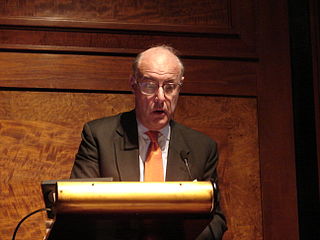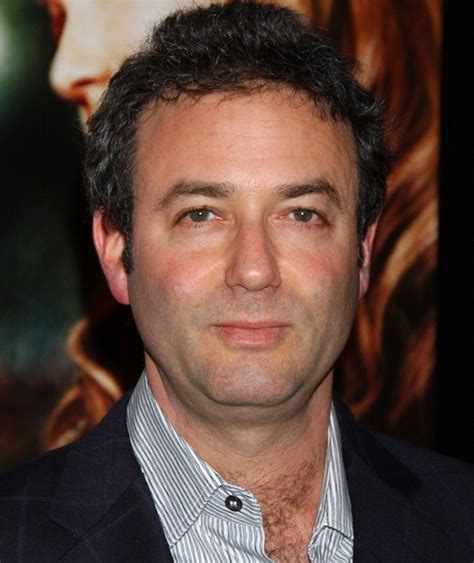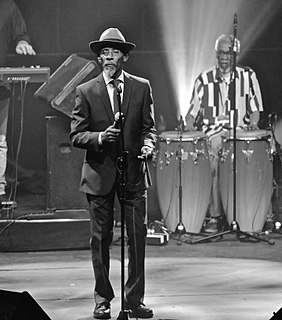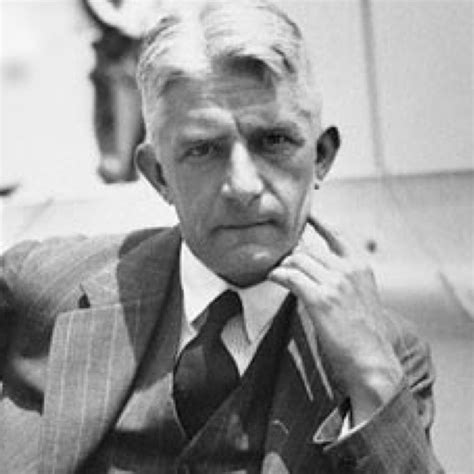A Quote by David Cannadine
Like sex, poverty and power, suicide may always be with us. But like them again, the actual form is takes is essentially time-specific and culture-bound, not only in the past but in the present too. The people who took their lives, the paths which led them to that end, and the experience of dying in this way were deeply influenced by specific historical circumstances. Only by making a greater effort at historical understanding can this most secret house of death be made to yield up more of its confidences.
Quote Topics
Actual
Again
Always
Bound
Circumstances
Culture
Death
Deeply
Dying
Effort
End
Essentially
Experience
Form
Greater
His Way
Historical
House
In The Past
Influenced
Led
Like
Lives
Made
Making
May
More
Most
Only
Past
Paths
People
Poverty
Power
Present
Secret
Sex
Specific
Suicide
Takes
Them
Time
Too
Took
Understanding
Up
Us
Way
Were
Which
Yield
Related Quotes
It didn't matter in the end how old they had been, or that they were girls, but only that we had loved them, and that they hadn't heard us calling, still do not hear us, up here in the tree house with our thinning hair and soft bellies, calling them out of those rooms where they went to be alone for all time, alone in suicide, which is deeper than death, and where we will never find the pieces to put them back together.
This faith, is not like a deed to a house in which one may live with full rights of possession. It is more like a kit of tools with which a man may build himself a house. The tools will be worth just what he does with them. When he lays them down, they will have no value until he takes them up again.
We're not gods, Julia. We're helpers. That's all. People have called us terrible things in the past. But that was only because they didn't understand us. That understanding is for the future, a time not long from now. You may live to see it. Then perhaps you can work openly, but for now, keep your gifts to yourself. Never flaunt your abilities. Never think you hold the power of life and death. Only God has that power. When it's a person's time, nothing can save them.
Possibly the tragedy of the bicycle is that it was invented too close in time to the car. In the historical scheme, pedal power hardly got under way before the combustion engine appeared and, not only took over the roads, but changed our view of machines. We've forgotten that pedal power is a potent form of energy.
My concern today is with the painting of manners of the present. The past is interesting not only by reason of the beauty which could be distilled from it by those artists for whom it was the present, but also precisely because it is the past, for its historical value. It is the same with the present. The pleasure which we derive from the representation of the present is due not only to the beauty with which it can be invested, but also to its essential quality of being present
People are flawed. I like peaking into their flaws. The way to humanize them is not to play them in any general way, but to make them very specific. If you make them specific, they have hopes and dreams and loves and vulnerabilities and quirks and you get to know them and you get to appreciate them.
What distinguishes the historical social system we are calling historical capitalism is that in this historical system capital came to be used (invested) in a very special way. It came to be used with the primary objective or intent of self-expansion. In this system, past accumulations were 'capital' only to the extend they were used to accumulate more of the same.
I had a massive heart attack, and in my belief that I was close to dying, I took the opportunity to teach my son about death. That lesson increased his faith in such a way that he completely accepted all the changes that life brings us. He learned that only the present exists. From that moment on, he began living in the present time, knowing that the future is just a possibility, and without believing all the opinions from the past. He understood that there are no guides, or masters. Each one of us is our own guru, and we can only save ourselves.
We try to make each situation specific to the person. At the beginning of the season, we come up with, like, 50 to 100 ideas, which we workshop and then we call around to see who is interested in doing something like that. Once we find the people, we make the bid specific to them. A lot of it is about where you can get people to go physically, which is a little tricky because most actors and musicians are kind of hermits-they like to stay in their houses.
....the popular music of Jamaica, the music of the people, is an essentially experiential music, not merely in the sense that the people experience the music, but also in the sense that the music is true to the historical experience, that the music reflects the historical experience. It is the spiritual expression of the historical experience of the Afro-Jamaican.
What I want to express is a feeling-various emotions that I am experiencing at the time-whether it is anger or hope or anything else, and from different angles. I construct a collection and it takes concrete form. That's probably what appears conceptual to people because it never starts out with any specific historical or geographical reference. My point of departure is always abstract and multileveled.
If we wish to imitate the physical sciences, we must not imitate them in their contemporary, most developed form; we must imitate them in their historical youth, when their state of development was comparable to our own at the present time. Otherwise we should behave like boys who try to copy the imposing manners of full-grown men without understanding their raison d' être, also without seeing that in development one cannot jump over intermediate and preliminary phases.








































